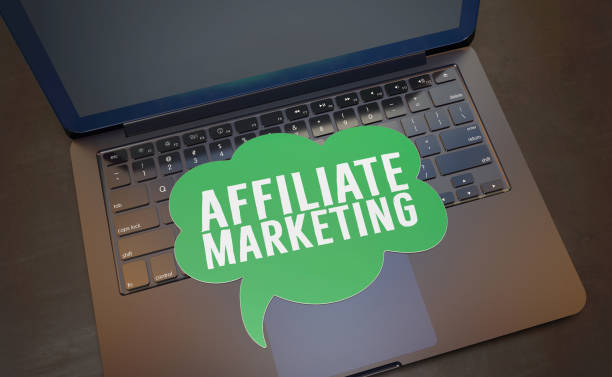With the world of E-commerce becoming highly competitive, many online businesses must adopt critical marketing strategies to thrive. From such needs, a variety of strategies emerged and were adopted brought by advancements in technology and opportunity. To know which is the best for you and your online business, let’s explore the various strategies to elevate your e-commerce marketing strategy.
Search Engine Optimization

Any e-commerce or online business has a greater chance of success by launching a website, but websites alone cannot help customers find a brand with ease. Marketing teams need to optimize websites for search engines to increase visibility.
Marketing teams must regularly update websites with relevant and high-quality content that offers users valuable information to achieve positive search engine optimization or SEO.
Content Marketing

Marketing teams should include content marketing in their e-commerce marketing plans to enhance SEO and establish brand authority.
For instance, a blog enables firms to create pertinent material about their products and aids in the development of a successful marketing plan. Marketing teams can use blogs to focus on key keywords that might not be appropriate for product or category pages.
Through the content made, businesses can directly address the demands of the customer, provide beneficial solutions, foster relationships, and establish trust. At the same time, this content can also be a source of information for the customers.
Lastly, Content marketing can further boost an online business’s brand reputation and increase awareness of the company and its services.
Social Media Marketing

With Social media becoming a critical part of the internet, online businesses and brands should exploit the opportunity and connect with customers on social media in addition to using effective SEO to have content appear in search engine results pages.
Every month, billions of people use social media, and it can be a valuable tool for brands to build genuine relationships with their fans and potential buyers. Marketing teams can reply to comments, post pertinent content, and give additional details about their company’s products on social media networks.
Email Marketing

With Email being a relevant tool of use by several people, Email marketing can be a useful strategy to inform potential customers and consumers about new items or information through email marketing. Marketing teams can notify both current and potential customers about sales, new product releases, and blog material by using this channel to disseminate pertinent and timely information.
Recurring business and customer retention are long-term benefits of personalized email marketing. Marketing teams can build a solid and devoted client base by demonstrating through tailored messages that they are aware of a buyer’s past purchases or browsing preferences.
Conclusion
It can be said that each strategy is tried and tested with various online businesses experiencing success. From engine optimization, content marketing, social media engagement, and personalized email outreach, businesses can effectively reach and engage their target audience.
Each strategy not only attracts buyers and customers but also builds the brand of each online business toward success.
Overall, each strategy may be effective on its own, but combining together and reining these strategies to fit each business according to their needs and response to new trends.












